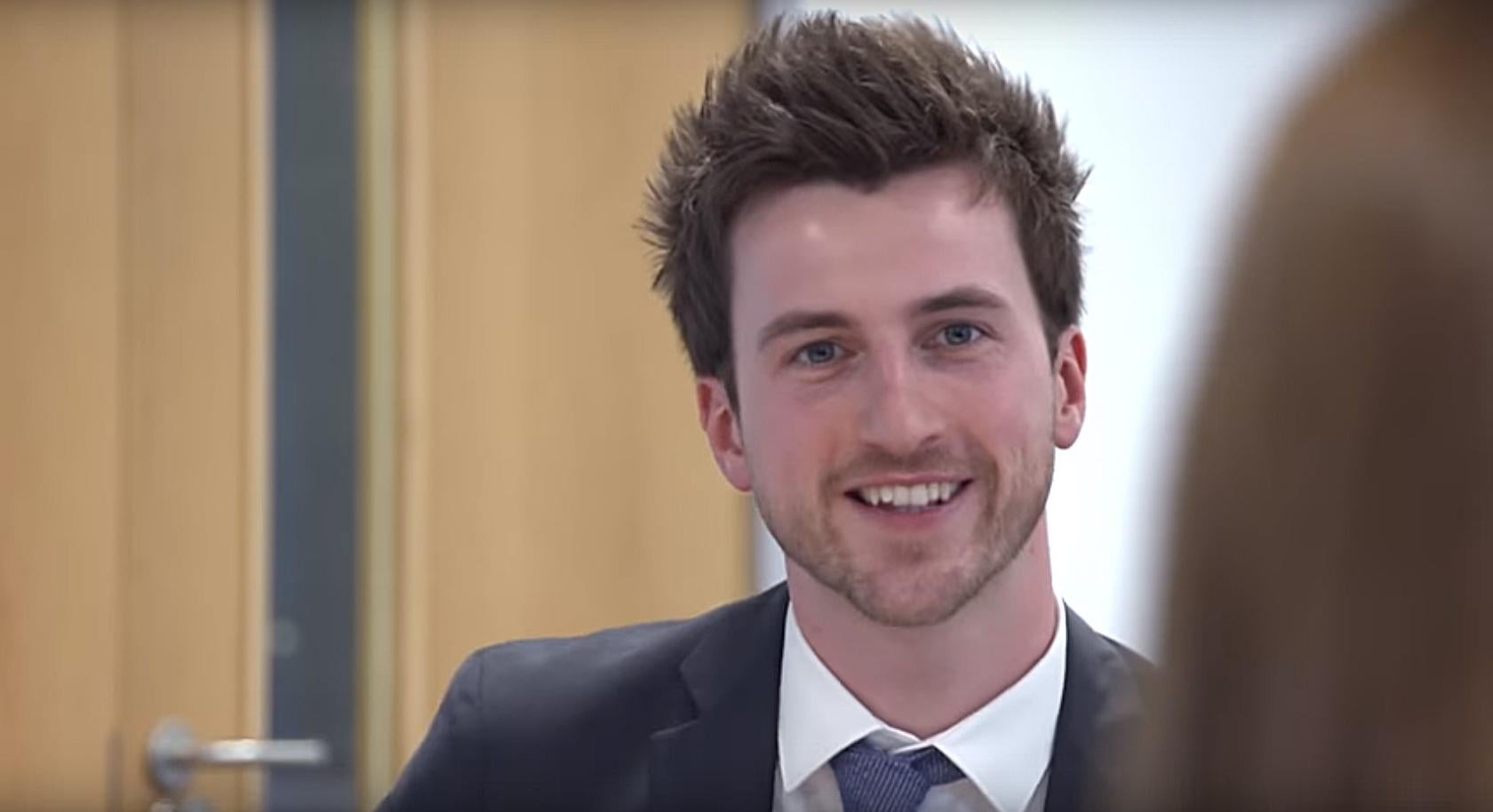Why practice-focused courses add up for accounting students
Accounting and finance degree courses based around practical learning can really help graduates land their first job

Your support helps us to tell the story
From reproductive rights to climate change to Big Tech, The Independent is on the ground when the story is developing. Whether it's investigating the financials of Elon Musk's pro-Trump PAC or producing our latest documentary, 'The A Word', which shines a light on the American women fighting for reproductive rights, we know how important it is to parse out the facts from the messaging.
At such a critical moment in US history, we need reporters on the ground. Your donation allows us to keep sending journalists to speak to both sides of the story.
The Independent is trusted by Americans across the entire political spectrum. And unlike many other quality news outlets, we choose not to lock Americans out of our reporting and analysis with paywalls. We believe quality journalism should be available to everyone, paid for by those who can afford it.
Your support makes all the difference.Degree courses tailored to practical learning and developing vocational skills are helping graduates strengthen their employment prospects – and it’s a route that certainly worked for Alex Atherton and Dan Ryan, who went straight into roles at Ernst and Young (EY) following their accounting and finance degrees at the University of the West of England (UWE Bristol).
It’s a Monday afternoon at UWE Bristol. Students taking an accounting and finance degree are in a lecture hall listening to two young people who although just a few years ahead of them in age, are already on a highly promising career path.
The thrust of their presentation is this: just a couple of years ago, they were sat in this same lecture hall. And, like the students they are speaking to, they questioned some of the practical exercises on their course. But their advice is to trust the tutor, and at some point - probably quite early in their career – these practical elements will prove incredibly useful.
“I have to admit, I had doubts during my first two years,” says Dan, who is now an assistant tax adviser based in EY’s Bristol office, although his brief is national. “But in my third year I started my industrial placement with the NHS, and I realised just how much I’d learned – professional values, essential to the accounting and finance specialism, as well as all the technical knowledge you need.”
While Dan spent his placement year working in the NHS, Alex found a secondment in the audit department at the Bristol office of EY. She subsequently went straight into the company after graduating – an experience echoed by many other gradates at UWE Bristol.

“The placement year not only provides invaluable experience to students,” says Hannah Newmarch, deputy head of employability and enterprise, “but also gives employers a chance to see the mettle of the students. More than a quarter of our graduates go on to work with the company where they did a placement.
“The accounting and finance course also carries many of the key professional accreditations – again smoothing the path for a future career.”
For Dan, listening to family members led him to choose the UWE Bristol course. “Several members of my family are accountants and they advised me to come to UWE Bristol,” he says. “They were right. I’ve met lots of graduates from other courses and many don’t have the same hands-on skills when they leave university. I hit the ground running straight away – even during my placement I went straight into a full-time role.”
“It was the same for me,” adds Alex. “When you start work, yes, there’s support there, but you’re often thrown in at the deep end in accountancy. From day one I was using all the practical knowledge I’d learned at UWE Bristol. The skills you are acquiring now, you will need on a daily basis.
“The first day I was handed a pile of papers on different companies and asked which of these would make a good client to work for? I had to research and critique sources – skills I learned at UWE Bristol.”
Practical learning is also embraced by Dr Susan Whitaker, programme leader of BA (Hons) accounting and finance, who believes it really does help students. “We’re not alone in having a ‘real world’ approach,” she says. “But as well as having individual sessions that are taught by practitioners, we work very closely with local employers. I have written an audit simulation, and this year a local employer sent auditors into UWE Bristol and they helped students with their audit testing using this simulation.
“We also have dynamic sessions where groups work together to solve real problems encountered in the workplace – which students find really stimulating as well as relevant for their future careers.”
As Dan explains, even though he’s a tax adviser, the broad base of modules he took allows him to help his clients in other ways, too.
“I learned how to prioritise my work at UWE Bristol and that’s been invaluable,” he says. “There’s a lot of pressure on you in the early years – far more than you get at university, believe me!
“Being able to manage your time, work to deadlines and get on with your work without being told what to do are important life skills.”
*This content was written and controlled by the University of the West of England
Join our commenting forum
Join thought-provoking conversations, follow other Independent readers and see their replies
Comments